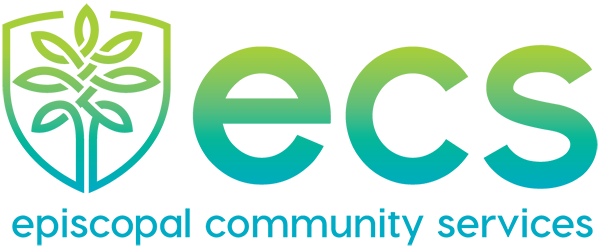In 2023, 12% of Americans 18 or older reported at some point in their lives, they had experienced a substance use disorder (SUD). Without a doubt, SUDs present a number of challenges, but one of the most heart-breaking difficulties is the loss of self that many face. Ralph experienced this firsthand. As his SUD enveloped his life, he transformed into a completely different person and needed help finding himself again.
ECS CERRC helps Ralph reclaim his life and reconnect with the things that bring him joy. October 2024.
Ralph dealt with an SUD for many years. He attended rehab in the past but had been unsuccessful in maintaining sobriety. “I didn’t really think I had a problem then,” he explained.
The problem escalated when his brother passed away in December of 2023. “It kind of took me over the edge,” Ralph said. He leaned even more heavily into drugs and alcohol. Eventually, he felt as if he was “running around in a haze.” He lost the person he was and began to get into all kinds of trouble. “Life is so much better than going down that road, but I was stealing, I was a bad person, I was angry, I was cursing people out,” he said. “When I saw myself at the end there, I couldn’t believe it was me. It was like a different person.”
The moment of realization about his situation came after a confrontation with the police. Under the influence, Ralph was tampering with a bus, so the police were called. He resisted arrest and the police broke his leg in an attempt to stop him. As awful as the situation was, Ralph commented “if that hadn’t happened, where would I be... I would’ve probably been dead by now.”
The court instructed him to go to an SUD treatment program, so Ralph ended up at ECS Central East Regional Recovery Center (CERRC). “God intervened; I really believe that,” he said.
While he sees the experience as a blessing now, Ralph was hesitant at first. “I didn’t want to be here,” he said, but as he heard the stories of other CERRC clients and began to soak in the information the counselors shared, his perspective began to shift. “I felt good about coming,” Ralph said. “I was eager.” He leapt into recovery and learned tools to prevent relapse.
As Ralph went through the program and moved further along the path to recovery, he also reconnected with himself. “I see the light. Just doing the right thing,” he said. “I feel great, I mean I’m doing basic life things. I get up and brush my teeth every day, wash my hands every day, work out every day, walk my dog.” At one point, even those everyday tasks were impossible. Now, Ralph is making music, looking for a job, and planning on returning to school to finish his degree. “I made that happen,” he said proudly.
Ralph graduated from the program in August. He is now attending aftercare and getting involved with different opportunities through ECS such as a grief support system. “ECS has given me a purpose,” he said.
It can be difficult to make the effort to achieve sobriety and find yourself again, but with the support of a program like CERRC and a leap of faith, anything is possible. “Just walk through the doors. Just go,” Ralph urged. “Participate and listen. It might seem like a long journey over three or four months, but it will go just like that. Get involved. Listen. Try to practice what they’re teaching.”
To learn more about the work of ECS CERRC visit ecscalifornia.org/central-east-regional-recovery-center.





















